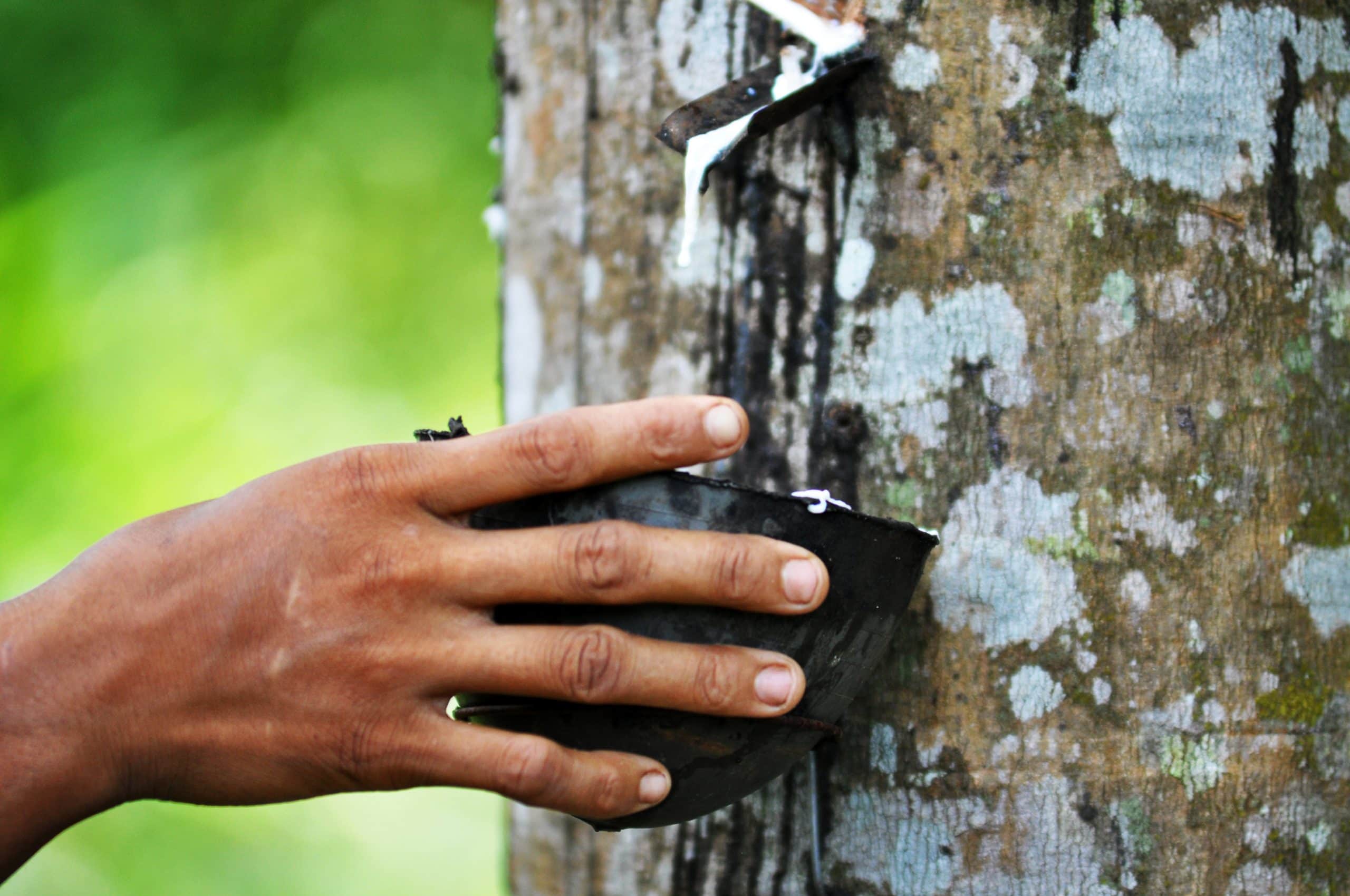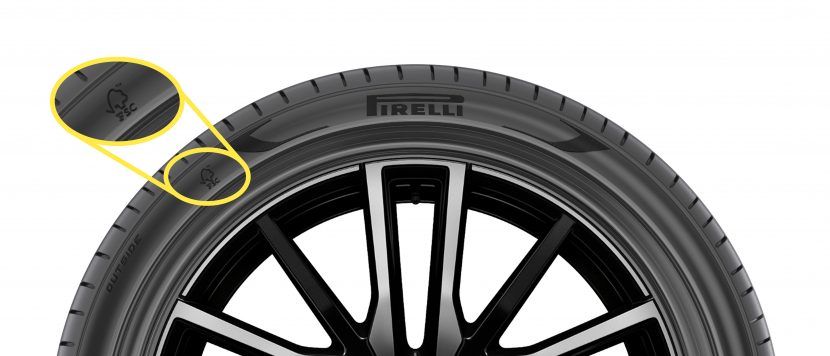Migrating towards a more eco-friendly business model requires a lot of hard work. You need to take a thorough look at which resources you’re using and make sure they are as sustainable as possible on the long run. BMW did that and after careful consideration arrived at the conclusion that the tires used on its cars have to be improved in this regard. Therefore, the German car maker is now the first automotive manufacturer to use sustainable tires.
For starters, only the BMW X5 xDrive45e will get these new fancy tires but plans are to expand this approach to other models in the future. Future X5 PHEV model will be delivered – starting this August – with 22-inch tires made by Pirelli using certified natural rubber and rayon (a wood-based material used to strengthen the tires). According to BMW, the tires will be made using rubber from certified plantations, in accordance with the standards of the independent Forest Stewardship Council.
“As a premium manufacturer, we aspire to lead the way in sustainability and take responsibility,” said Dr Andreas Wendt, member of the Board of Management of BMW AG responsible for Purchasing and Supplier Network. “We have been committed to improving cultivation of natural rubber and increasing transparency in the supplier network since 2015. The use of tires made of certified natural rubber is a pioneering achievement for our industry. In this way, we are helping preserve biodiversity and forests to counteract climate change.”
The new 22-inch P ZERO ∗ tire has now become the world’s first to receive the coveted FSC label. To earn this certification, Pirelli adapted its US plant in Rome, Georgia, to produce tires using FSC-certified natural rubber and rayon. From there, the tires are delivered to BMW Group Plant Spartanburg, around 370 km away, and mounted on the BMW X5 Plug-in Hybrid. The star ∗ in the name indicates that the new tire meets the BMW Group’s strict performance requirements, including particularly low rolling resistance and noise level.
About six million small farmers worldwide are responsible for over 80% of the world’s natural rubber cultivation. In the so-called rubber belt across the tropical regions, they run farms of between one and two hectares in size under a wide variety of different conditions. Agreeing uniform social and environmental growing conditions with these millions of small individual farms is therefore a major challenge. By far the largest share of natural rubber grown worldwide goes into tire production. Natural rubber’s high elasticity and sturdiness currently make it irreplaceable for tire production.



















































